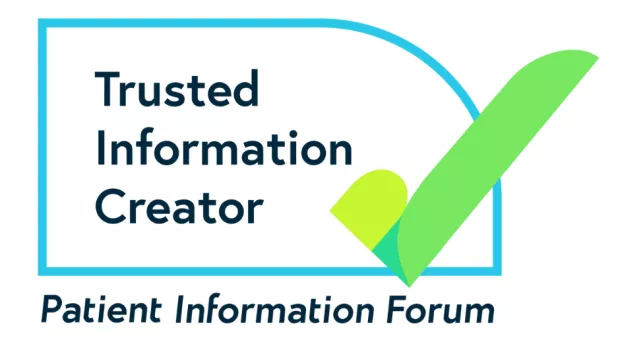This information is for people who want to know more about why getting an epilepsy diagnosis is important. On this page we talk about how epilepsy is defined and why epilepsy can be difficult to diagnose.
Use this page as a general guide and speak to a health professional for more information and support.
You may ask yourself, why do I even need a diagnosis? A diagnosis isn’t just a piece of paper, or a note on your file. It can be your passport to getting the care and support you need.
How an epilepsy diagnosis is defined
You will usually be diagnosed with epilepsy if:
- you have two unprovoked seizures at least 24 hours apart or
- your specialist thinks there is a high chance you could have more seizures, based on your medical history or test results.
Epilepsy should be diagnosed by a doctor with epilepsy expertise. They will try to work out whether your seizure was down to epilepsy or caused by something else. You may not have another seizure. But it is important to try and find out why your seizure happened.
Other conditions that can be mistaken for epilepsy
These are some of the other conditions that can be mistaken for epileptic seizures that your specialist will want to check for and rule out:
- fainting or passing out
- heart rhythm problems
- some sleep conditions
- panic attacks
- dissociative seizures (periods of uncontrolled movements, sensations or behaviour that are not caused by abnormal electrical activity in the brain)
- migraines.
Why it is important to have an epilepsy diagnosis
There are three key questions your specialist will be trying to answer as part of your assessment and diagnosis:
- Was it an epileptic seizure?
- What is or are the seizure type(s)?
- Is it a known epilepsy syndrome? An epilepsy syndrome is a group of signs and symptoms that, if they happen together, can suggest a particular condition.
Answering these questions can help determine the best treatment for you. Some seizure types respond better to particular antiseizure medications (ASM). And certain ASMs are recommended for certain epilepsy syndromes.
A diagnosis can help you get support with many things. Here are some examples listed below. But you do not need an official diagnosis for all of them:
- a care plan from your healthcare team, so there’s a roadmap for your treatment
- a support plan at your school, college or university
- free NHS prescriptions if you’re not already eligible
- protection from discrimination based on equality laws
- health and social care assessments, to see if you or someone who cares for you could get extra help or benefits.


